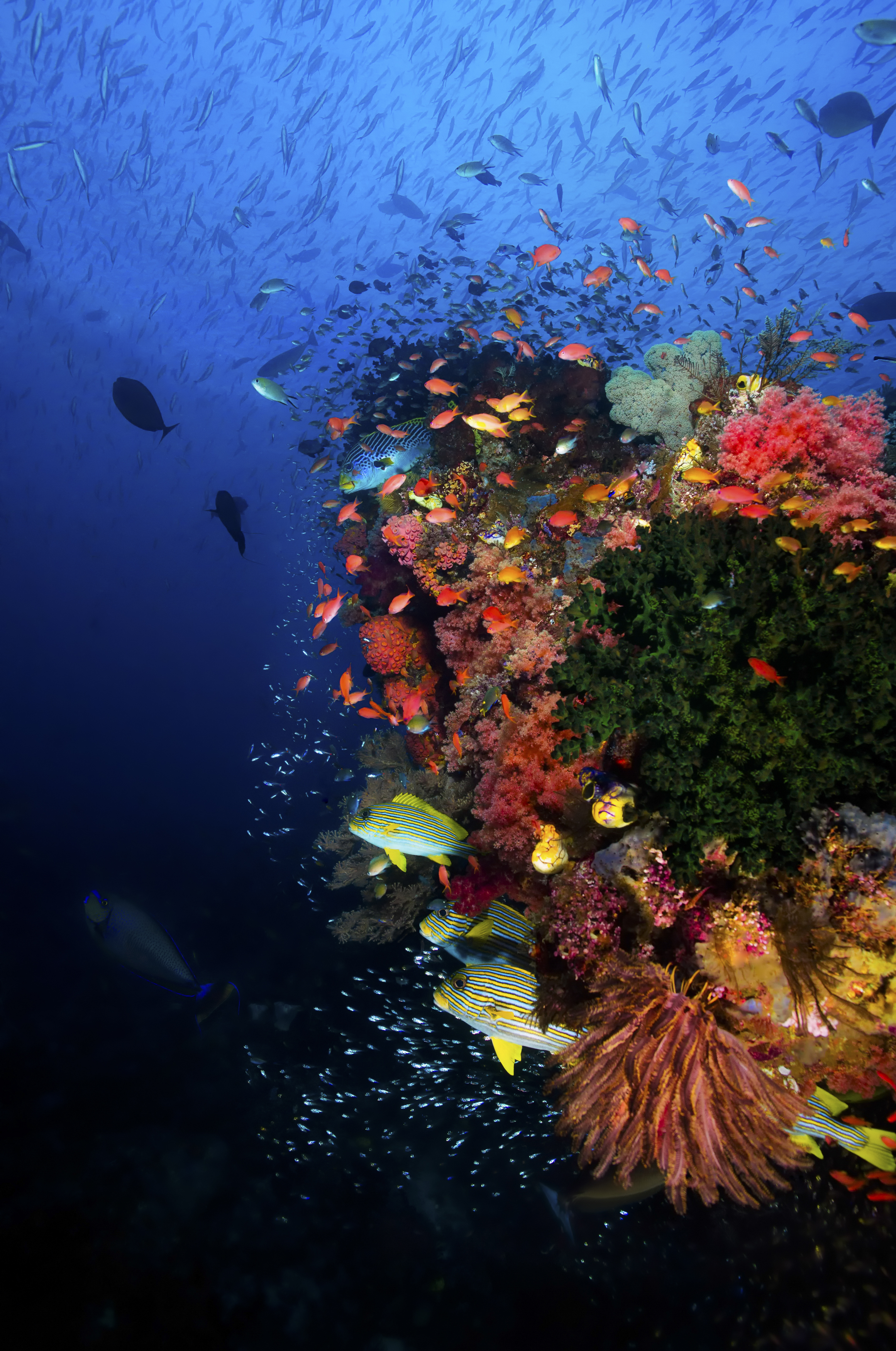Accidental Spills at Sea – SETAC 2010 session
20 November 2009
A session entitled 'Accidental Spills at Sea - Risk assessment, treatment, mitigation and post-incident monitoring' has been included in the Society of Environmental Toxicology and Chemistry's (SETAC) annual European conference in Seville (23rd-27th May 2010).
This is one of the primary scientific conferences on the calendar and will provide an important opportunity to raise the issues surrounding marine monitoring and impact assessment following accidental spills.
Abstracts for presentations and posters are currently being invited with a submission deadline of November 30th 2010.
Details of the session are appended below but for more information please visit http://seville.setac.eu/seville/scientific_programme/themes_and_topics/?contentid=198 and look under the Marine Environment topic (Session G01).
Accidental Spills at Sea - Risk assessment, treatment, mitigation and post-incident monitoring
Suggested chairs: Mark Kirby (Cefas, LOWESTOFT, United Kingdom) and Ronny Schallier (MUMM, BRUSSELS, Belgium)
The threat to our seas, estuaries and coastlines from chemical contaminants manifests itself from a wide range of potential sources. Inputs to these waterbodies from terrestrial based sources, domestic and industrial discharges, diffuse origins and from the legacy of contaminated sediments all remain important sources of potential impact. However, perhaps the largest threat, both in terms of catastrophic release and damage and the unpredictability of its occurrence, comes from accidental spills at sea. While these incidents have the obvious potential for short-term acute effects we should also not underestimate their potential to contribute to longer-term impacts which are, generally, poorly understood. Therefore, spills of oils and chemicals in the marine environment remain a significant threat.
Although there is evidence that the number of oil spills, for example, has decreased in recent decades the record is still regularly punctuated by large, high profile incidents (e.g. Prestige, MSC Napoli etc.). Furthermore, reports of smaller spills and potential incidents are occurring on a daily basis. Therefore, the requirement for response capability, improved preparedness and the application of sound science in effective post-incident monitoring and assessment remains undiminished.
A fully integrated and effective response to an oil or chemical spill incident must also include a well planned and executed post-incident assessment of environmental contamination and damage. Some national authorities have well formulated national contingency plans and environmental advice mechanisms which provide strategic planning and response frameworks with, often, a stated commitment to initiate relevant monitoring, research and environmental impact assessment. While salvage and rescue operations are well considered, including regular reviews and exercises, the expertise, resources, networks and logistical planning that are required to achieve prompt and effective environmental impact assessment and monitoring are not, in most cases, formally in place. This proposed session aims to highlight the need for pre-incident consideration of the best scientific approaches to this issue.
Why the need for this effective post-incident monitoring?
- We need to ensure we provide early evidence of potential impact to the general public from spilled oil/chemicals.
- We need to have an appropriate and effective way of investigating the impact to the wider marine environment.
- Impact assessment methodology needs to be considered that not only assess the short-term impacts but also allows the prediction of potential longer-term impacts.
- We need to ensure a more effective use of resources so that unnecessary procedures are avoided but that potentially useful ones are not overlooked.
- The monitoring and assessment may be critical in providing input to compensation issues.
- Effective monitoring not only provides information about the impact of the spill but can also provide important information about the effectiveness, or not, of spill treatment and mitigation activity.
The scientific community have a critical and central role to play in the design and conduct of effective post-incident monitoring. This session will be used to highlight and discuss that role in a broad context and may lead to recommendations or identifications of gaps where the scientific community can contribute more in this respect.
The session has relevance to a wide range of scientific disciplines and would expect to attract papers covering the following aspects:
- The use of ecotoxicological techniques.
- The use of analytical chemistry.
- Community/population impacts.
- Novel scientific approaches.
- Real incident case studies.
- Spill risk assessment.
- Survey design and considerations.
- Monitoring the effectiveness of clean-up and mitigation.
- Logistics and co-ordination.

